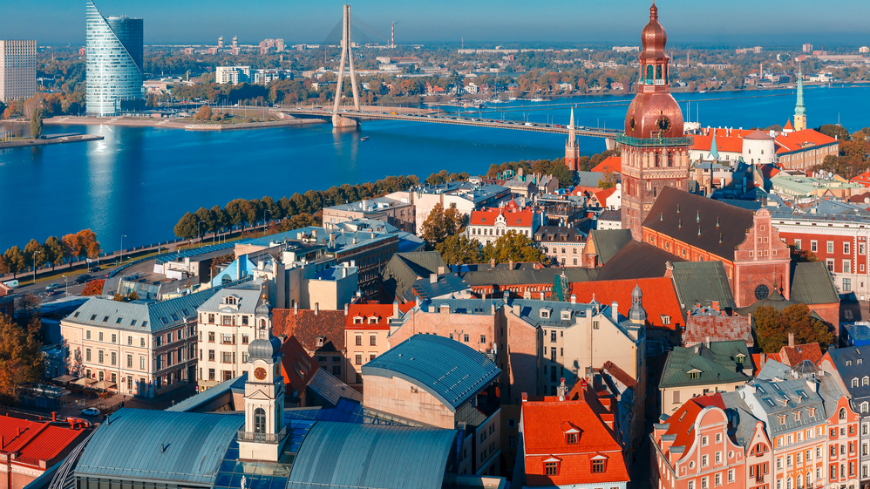In a report published today, the Council of Europe’s Group of Experts on Action against Trafficking in Human Beings (GRETA) notes that Latvia has strengthened its legislation, but asks the authorities to improve the identification, protection and compensation of victims of trafficking.
GRETA welcomes the introduction of a provision in the Criminal Law which makes it possible to release from criminal liability a person who commits a criminal offence while being trafficked. The use of prostitution services knowing that the person is a victim of trafficking has also been criminalised. In addition, the inclusion of victims of trafficking amongst those who are considered to have special reception needs in the new asylum law is also a positive development.
The report recognises that considerable efforts have been made to train professionals, increase public funding to assist victims of trafficking and contribute to their social rehabilitation.
However, GRETA urges the authorities to take measures to better identify victims, in particular among foreign nationals, asylum seekers and persons placed in immigration detention centres, as well as victims of trafficking for the purpose of labour exploitation.
The report underlines the need to provide adequate services to child victims of trafficking, including appropriate accommodation, access to education and vocational training. It also recommends putting an end to child detention for immigration purposes.
GRETA also urges the authorities to extend the scope of the non-punishment provision to also cover administrative and immigration-related offences which victims of trafficking were compelled to commit, and to ensure that investigators and prosecutors exercise fully their discretion not to prosecute trafficked persons for such offences.
Finally, the report calls on the authorities to facilitate and guarantee access to compensation, including by making full use of the legislation on the seizure and confiscation of assets to secure compensation.
The Council of Europe Convention on action against trafficking in human beings entered into force in respect of Latvia on 1 July 2008. The report published today is the second assessment of the implementation of the Convention by Latvia. The first report was published in 2013.




